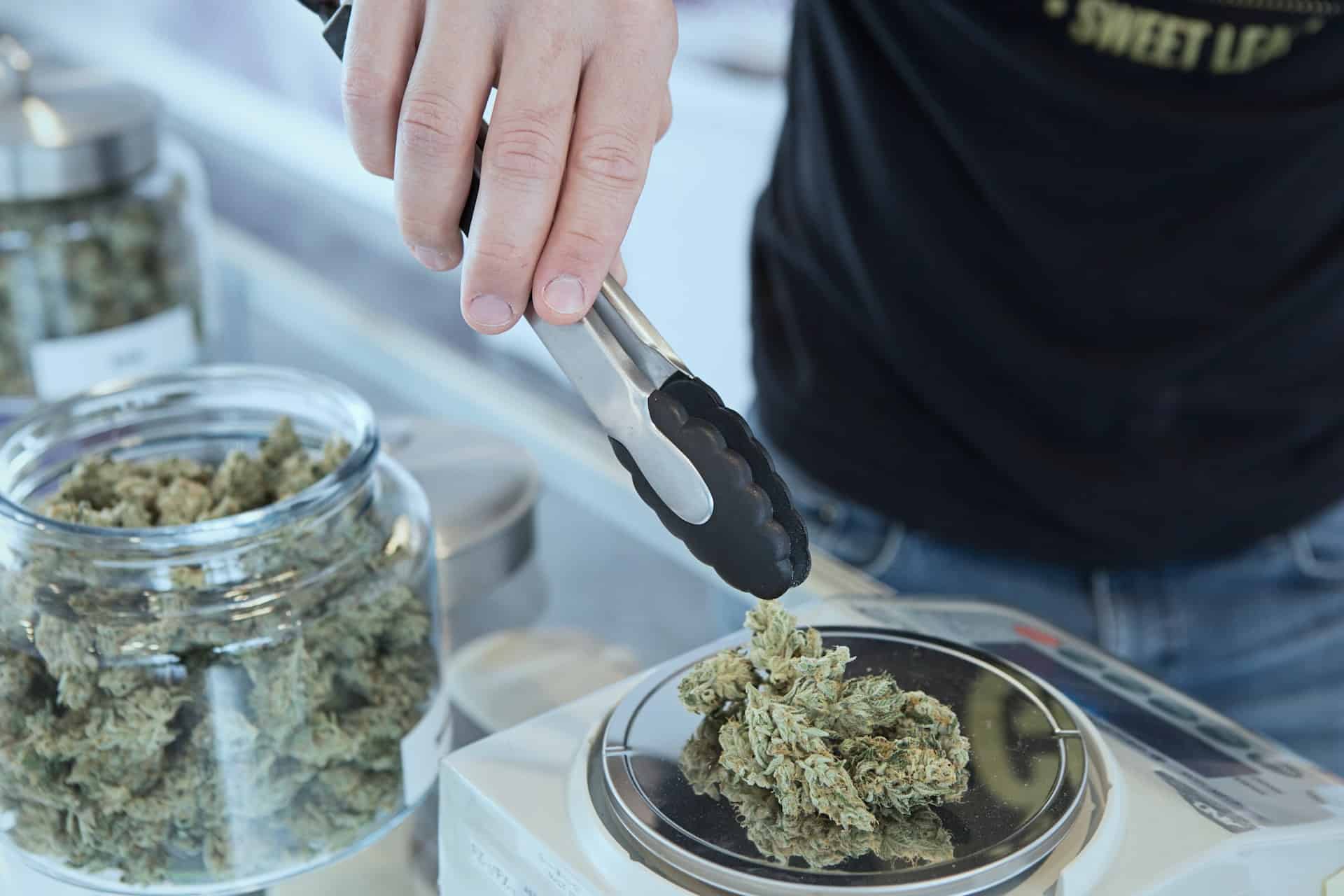-
Cannabis Payments: The Complete Guide 2025
Dispensaries accepting debit payments earn an average of $4,627 more than cash-only retailers (Flowhub data) creating an urgency for cannabis…
-
How To Open A Dispensary: Costs & FAQs Guide
Introduction The hemp industry has seen remarkable growth across North America, especially since the federal government legalized CBD in…
-
Dedicated POS for Dispensaries: The Benefits – Guide
Explore the benefit of a dedicated POS system for Dispensaries. Suppose you’ve successfully tackled the legal complexities, partnered with reliable…
-
New Amendment Threatens Hemp Industry: A Step Backwards
New Amendment Threatens Hemp Industry: A Step Backwards 2024 What is happening? In the ongoing deliberations over the U.S. Farm…
-
CBD POS Software: Requirements for A New Jersey Dispensary
New Jersey CBD POS Software Requirements for Dispensaries Introduction Operating a CBD dispensary in New Jersey involves navigating various regulations,…
-
Cannabis POS System: 10 Key Essential Features 2024 Guide
Why a common retail POS won’t work? Unlike conventional retail businesses, CBD shops operate within a highly regulated industry, where…
-
How to Open a Dispensary in North Carolina: 2024
First Steps to Open a CBD Dispensary in North Carolina: 2024 Embarking on the journey to open a CBD dispensary…
-

Top 5 KPIs Your Cannabis Dispensary Should Be Tracking
Keeping track of your cannabis dispensary’s performance is essential to ensuring that your business runs efficiently and continues to meet…
-

10 Best Cannabis POS Systems for Your Dispensary
The cannabis retail POS market is beginning to expand rapidly, with more vendors and solutions entering the space. As a…
-

5 Best Software Programs for Your Cannabis Dispensary
The cannabis industry is expansive, fast-growing, and highly competitive. In order to succeed in a cannabis business, you need the…